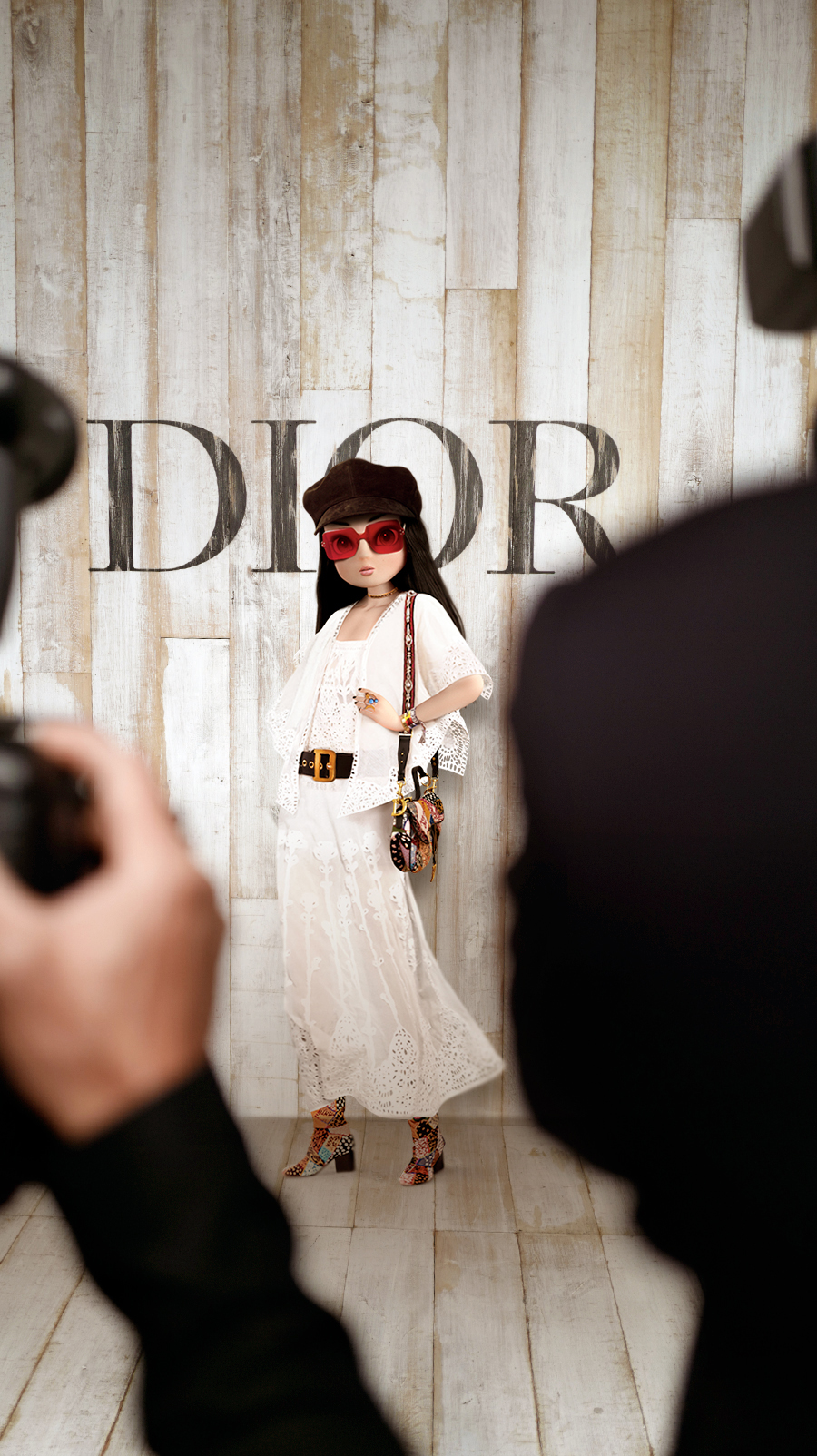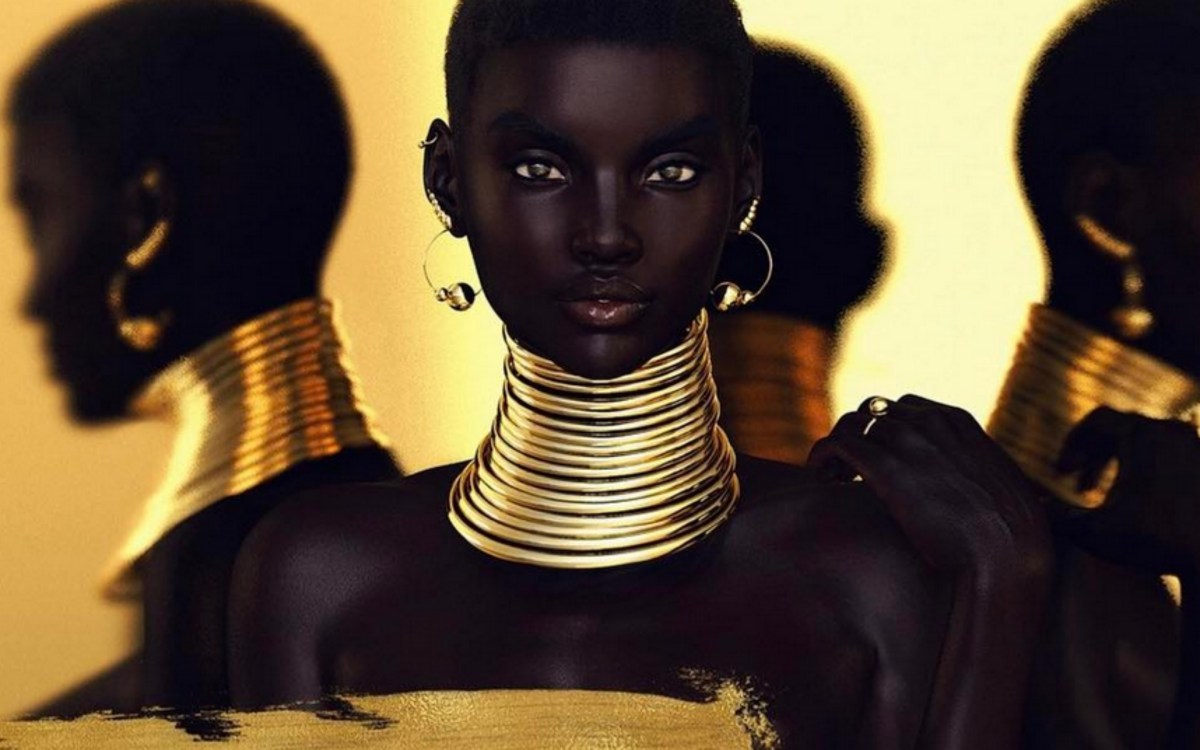The Real Deal With Virtual Influencers. Although they fake the way into your social media, this new breed of influencers has definitely attracted the real humans around them.
A new wave if not, a new breed of influencers are surfacing online. Not only are they making headlines, hanging out and mingling with the celebrities, they are also becoming the face of fashion and cosmetic brands. Outgoing and fashionable these nouveau humans are everything but real. They don’t exist in real life but they are just like everyone other influencers – post their #ootd, attend events, get endorsements and influence the real humans online.
These avatars or virtual influencers are making their way into the market, breaking the conventions of influencers and celebrities. This part really surprises us yet it is the reality now. Most of them have taken the online world by storm, attracting the younger users and social media enthusiasts with their daily human-like routines and impeccable style, tapping into the so-called lifestyle culture of today.
One familiar face that has surfaced in online since 2006 is Lil Miquela. What is said to be a 19-year old, Miquela is the world’s first digital influencer created by Trevor McFedries and Sara Decou as a digital art project. She posts pictures similar to an influencer, template-angled photos with outfits, friends and doing things. Noonoouri, on the other hand, is an 18-year old girl who was seen dressed in the luxury brand from Dior to Gucci, she lives in Paris and describes herself as ‘cute, curious and couture.’ Behind the character is global design and branding agency Opium, created by Joerg Zuber.

It is fascinating to see these virtual humans influencing much of the online community. Despite it, this virtual human phenomenon soared ever since. Some people enjoy her others are either indifferent or concerned. The appearance of Miquela, Erica and everyone like them has sparked quite a heated debated and discussion among communities.
Marketers and even celebrities have eyes on these virtual influencers, albeit completely fake. Most have already made the face of cosmetic and fashion brands. Just like any other influencers, they are clad in fashionable clothes, get endorsed and attend events and fashion shows.
One virtual influencer named Shudu Gram is a South African Instagram model whose followers have reached up to 130,000 followers since appearing on Instagram much later than Miquela. Shudu first modeled Fenty Beauty lipstick and has been receiving many endorsement opportunities in other platforms.
Shudu is a virtual influencer created by a British artist named Cameron-James Wilson, who wanted to create her as a modest art project. Similarly to Miquela, Shudu was just part of a project that happened to catch the attention of a cosmetic brand. Her flawless and dewy dark skin has become much more appealing for the market and what her creator refers to as “an art piece paying homage to beautiful, dark-skinned women.”
While the rise of this new breed may seem daunting for the younger consumers, brands are more than attracted to see them emerge and break the realms of the Internet. Marketers and brands are attracted to how seamless these virtual influencers are that ‘working’ with them will get them the same value just like any other celebrities or influencers. Only this time, marketers and brands do not have to go through the hassle of technical costs involved.
While marketers take the opportunity to ‘collaborate’ and find their way to utilize virtual influencers as a marketing tool, their flawless features are sending the wrong message to the younger audience. Experts and communities alike are debating as to whether these so-called realities are constructing a destructive reality for the younger followers, especially with regards to body image issues.
According to an interview in The New Daily, body image expert Sarah Harry said the rise of these digital influencers is considered disturbing. She argued, “the trend is appalling as these images are showing flawless women who are perfect.”
We can always come up with reasons why or how these digital influencers are great or not. Whatever the argument is, everyone’s eyes are peeled towards these new crops of humans. Whether it is Miquela, Noonoouri or Shudu, or anyone who may one day appear in our feeds, these feigned realities are proof of what there is beyond the real-life human influencers. So where will they go from here? Let the debate and discussion continue.
